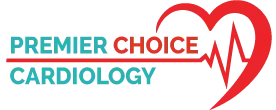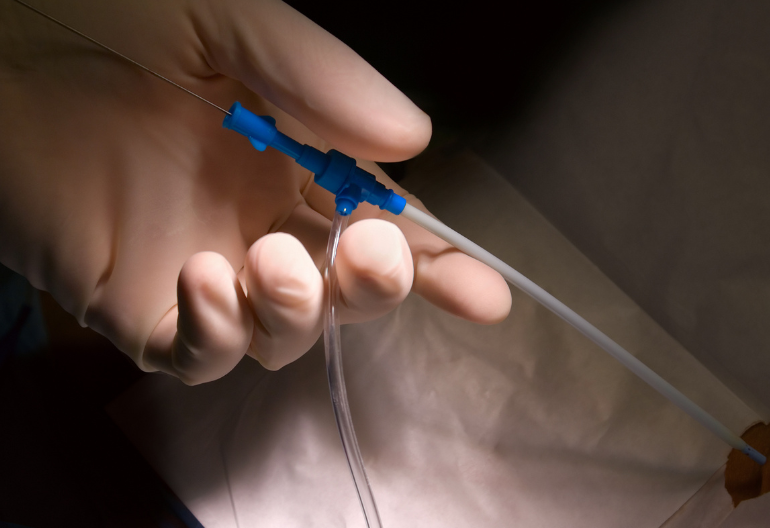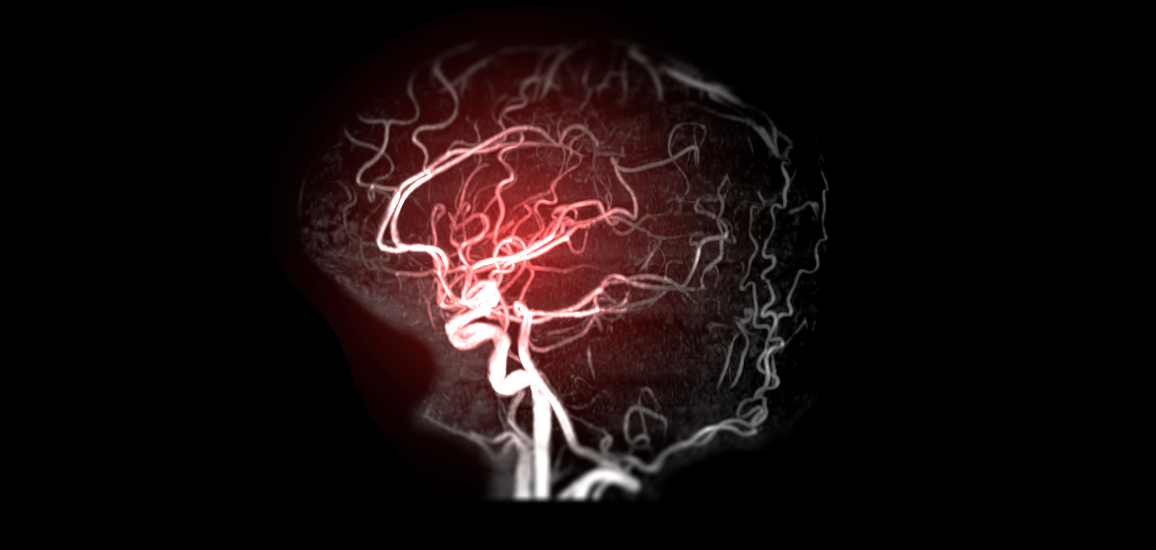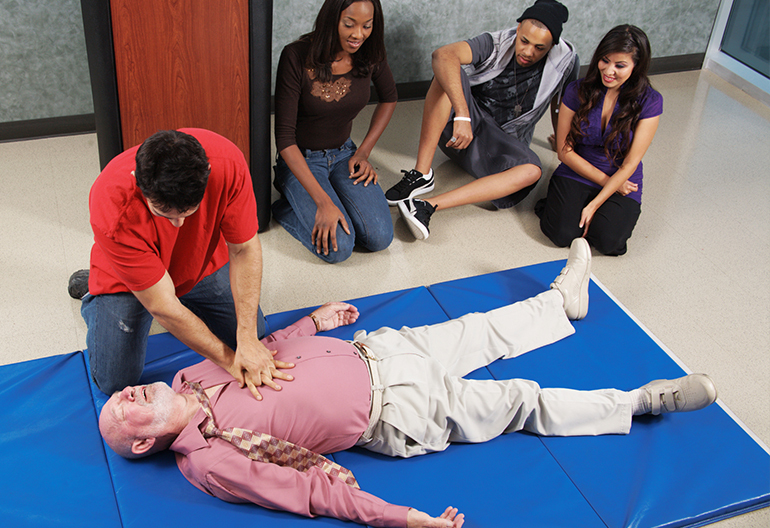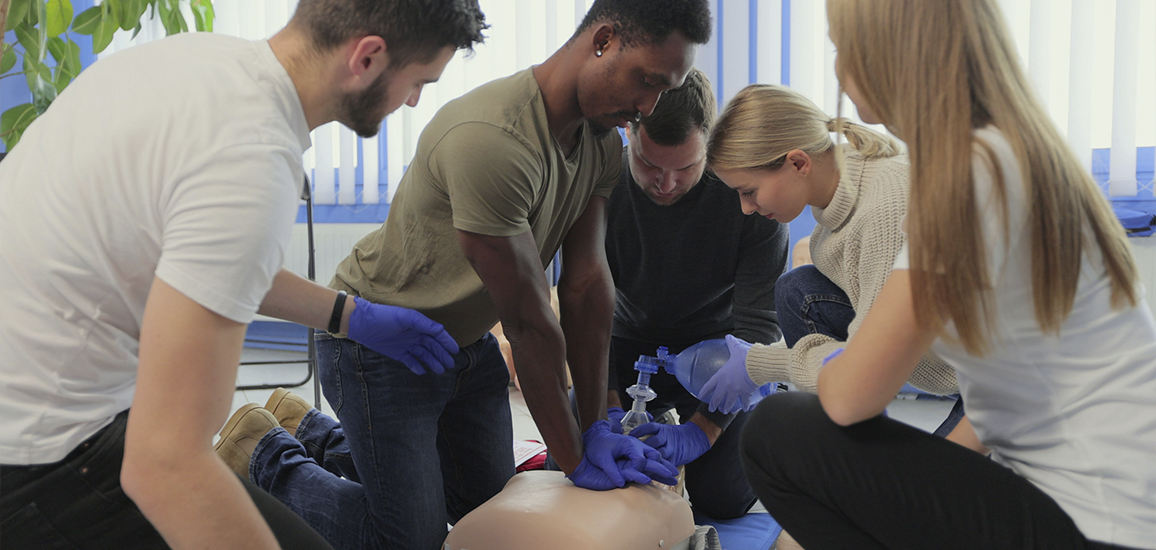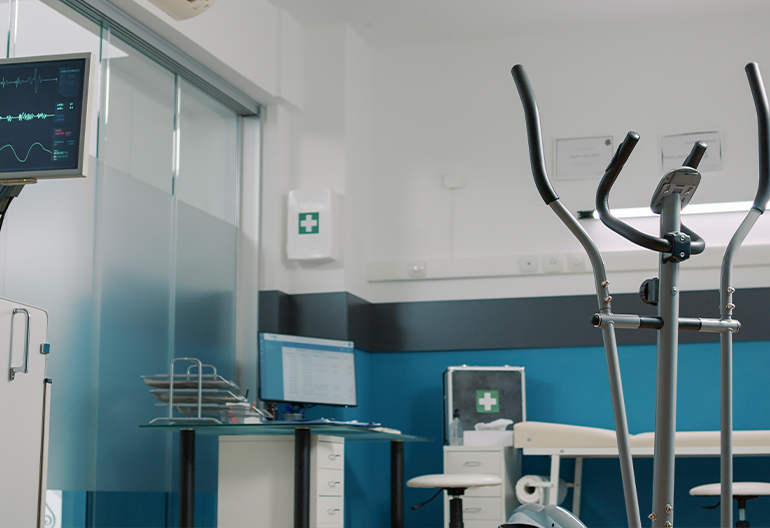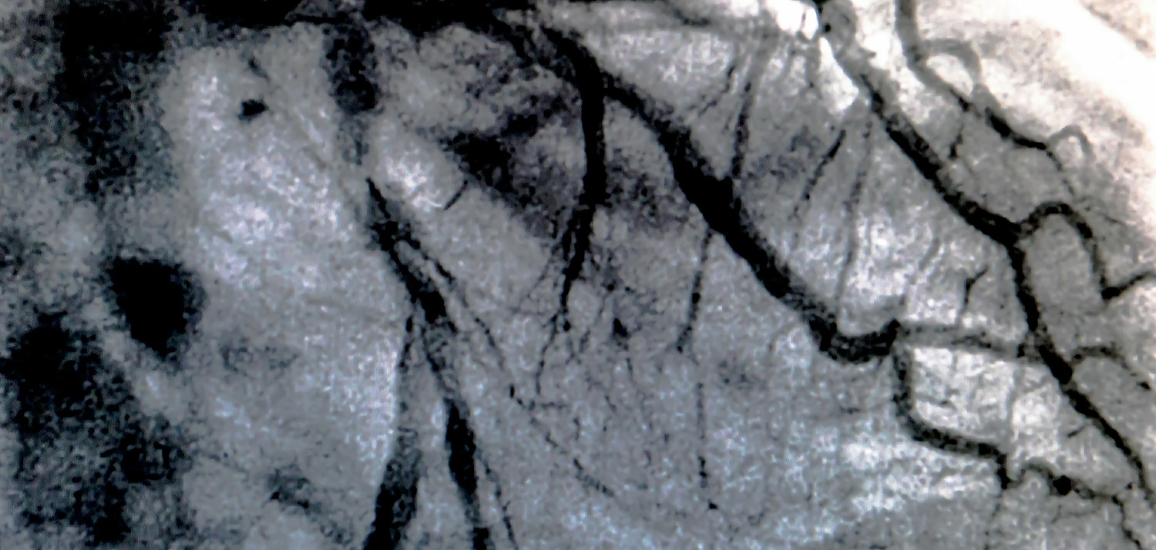
In this comprehensive guide on managing complications in cardiac catheterization, learn how to navigate potential risks and ensure successful outcomes for patients. Get expert insights and tips from Premier Choice Cardiology.
Introduction
Navigating the complexities of cardiac catheterization requires expertise and diligence to manage potential complications effectively. At Premier Choice Cardiology, we prioritize patient safety and optimal outcomes. In this guide, we delve into strategies for addressing complications that may arise during cardiac catheterization procedures.
Cardiac Catheterization: Understanding the Procedure
In cardiac catheterization, a thin tube (catheter) is inserted into a blood vessel to diagnose or treat various heart conditions. It allows doctors to visualize the heart’s anatomy, measure pressures, and perform interventions if necessary.
Identifying Complications Early
During cardiac catheterization, complications can arise at any stage of the procedure. It’s crucial for healthcare providers to remain vigilant and monitor patients closely for any signs of distress or adverse reactions. Early identification of complications allows for prompt intervention, minimizing potential risks and improving patient outcomes.
Hemorrhage Management
Hemorrhage, or excessive bleeding, is a common complication associated with cardiac catheterization. It typically occurs at the site where the catheter was inserted into the blood vessel. Healthcare providers must be prepared to address hemorrhage promptly to prevent complications such as hypovolemic shock or hematoma formation.
Vascular Complications: Navigating Vessel Injury
In some cases, cardiac catheterization can lead to vascular injury, including arterial dissection or perforation. These injuries require immediate attention to prevent further damage and ensure patient safety. Interventional radiology techniques, such as embolization, may be necessary to manage severe vascular complications effectively.
Managing Arrhythmias
Arrhythmias, abnormal heart rhythms, can occur during or after cardiac catheterization. These may manifest as tachycardia, bradycardia, or atrial fibrillation. Healthcare providers must be prepared to administer appropriate medications or perform cardioversion to restore normal heart rhythm and prevent hemodynamic instability.
Contrast-Induced Nephropathy (CIN) Prevention
Contrast-induced nephropathy is a potential complication associated with the use of contrast dye during cardiac catheterization. Patients with pre-existing renal impairment are at higher risk. Healthcare providers can minimize the risk of CIN by ensuring adequate hydration, using low-osmolar contrast agents, and avoiding nephrotoxic medications.
Infection Control Protocols
Infection at the catheter insertion site poses a significant risk to patients undergoing cardiac catheterization. Strict adherence to aseptic technique during the procedure, along with the timely administration of prophylactic antibiotics, helps reduce the incidence of catheter-related infections. Healthcare providers must also educate patients on proper wound care to prevent infections post-procedure.
Allergic Reactions to Contrast Material
Some patients may experience allergic reactions to the contrast dye used in cardiac catheterization. These reactions can range from mild skin rashes to severe anaphylaxis. Healthcare providers must obtain a detailed medical history and assess the patient’s risk factors for allergic reactions before administering contrast dye. In cases of known allergy, pre-medication with antihistamines and corticosteroids may be warranted.
Stroke Prevention Strategies
Catheterization procedures carry a small risk of stroke. Careful patient selection, cerebral protection devices, and anticoagulant therapies help minimize this risk.
Patient Education and Informed Consent
Educating patients about potential complications and obtaining informed consent are vital aspects of cardiac catheterization. Clear communication fosters trust and empowers patients to participate in their care.
Follow-Up Care and Monitoring
After catheterization, diligent follow-up care and monitoring are essential. Close observation allows for early detection of complications and ensures timely intervention if needed.
Recovery and Rehabilitation
Supporting patients through the recovery process is crucial for optimizing outcomes. Rehabilitation programs and lifestyle modifications promote healing and reduce the risk of future complications.
FAQs
What are the common complications of cardiac catheterization?
Complications can include bleeding, vascular injury, arrhythmias, contrast-induced nephropathy, infection, allergic reactions, and stroke.
How are bleeding complications managed?
Bleeding complications are typically managed with pressure application, hemostatic agents, and occasionally, surgical intervention.
What measures can prevent contrast-induced nephropathy?
Hydration and prophylactic medications help reduce the risk of contrast-induced nephropathy.
Are there any alternatives to manual compression for vascular closure?
Yes, vascular closure devices offer an alternative to manual compression for achieving hemostasis.
How can patients minimize their risk of complications?
Following pre-procedural instructions, including fasting and medication adjustments, can help minimize the risk of complications.
What should patients expect during the recovery period?
Patients can expect some soreness and bruising at the catheter insertion site, which typically resolves within a few days. It’s essential to follow post-procedural instructions provided by healthcare providers.
Expert Strategies for Optimal Patient Care
Successfully managing complications in cardiac catheterization requires a combination of expertise, vigilance, and patient-centered care. By implementing strategies for early identification and intervention, healthcare providers can ensure optimal outcomes for patients undergoing these procedures. Book your appointment now!
